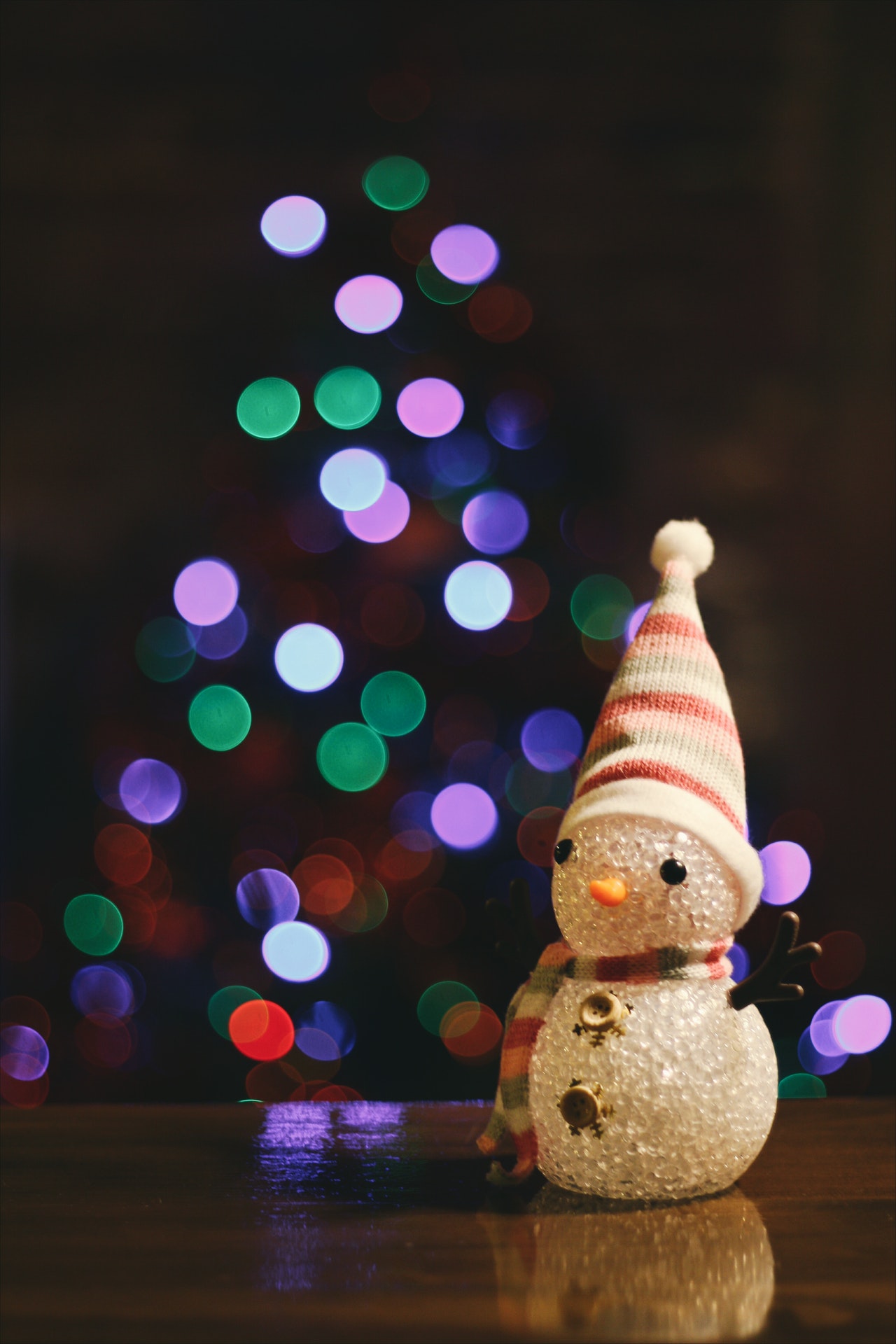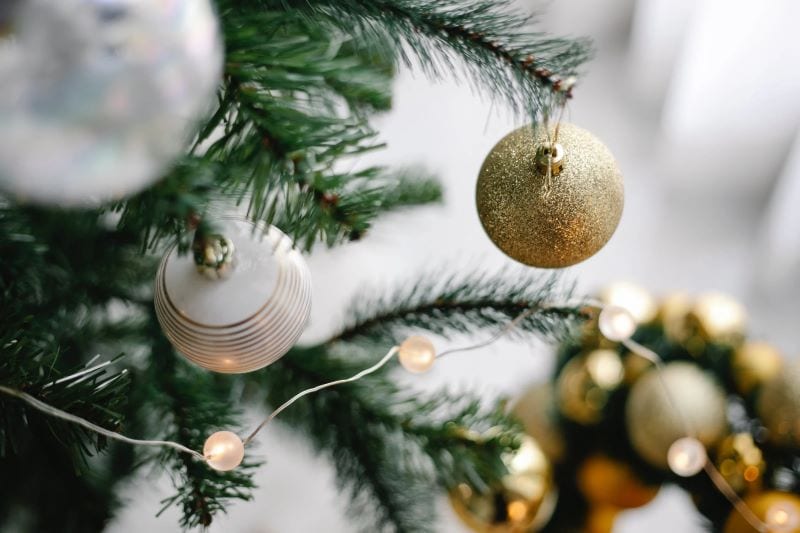Christmas is one of the most widely celebrated holidays in the world, with over 2 billion people celebrating it worldwide. The holiday, which is observed on December 25th, has a rich and varied history that spans centuries and multiple cultures. In this article, we will explore the history of Christmas, from its pagan roots to modern celebrations.
The Ancient Origins of Christmas Celebrations: Tracing its Pagan Roots
The pagan roots of Christmas can be traced back to ancient Roman celebrations known as Saturnalia. This festival, which was dedicated to the Roman god Saturn, was celebrated in December and involved feasting, gift-giving, and the lighting of candles. As Christianity began to spread throughout the Roman Empire, the Church sought to replace these pagan celebrations with Christian ones.
In the fourth century, the Roman Emperor Constantine declared Christianity the official religion of the Roman Empire, and by the seventh century, Christmas had become an official Christian holiday. The date of December 25th was chosen for the holiday, as it coincided with the ancient Roman festival of Dies Natalis Solis Invicti, or “the Birthday of the Unconquered Sun.”
In the Middle Ages, Christmas began to take on the more familiar trappings of the holiday, including the use of evergreen trees, holly, and mistletoe. These decorations were originally used by pagan cultures to celebrate the winter solstice, but they were slowly incorporated into Christian tradition. The Yule log, which was originally burned by Norse pagans during the winter solstice, also became a symbol of Christmas.
The Globalization of Christmas: Multicultural Celebrations Around the World
During the 19th century, Christmas became more widely celebrated in America and Europe, as secular traditions and commercialization began to take hold. Charles Dickens’ A Christmas Carol, first published in 1843, helped to popularize the idea of Christmas as a time of goodwill towards others, and the image of Santa Claus, originally derived from the Dutch figure of Sinterklaas, began to take on its modern form.
Today, Christmas is celebrated by people of many different cultures and religious backgrounds. Some of the most popular celebrations include the lighting of candles, the singing of carols, and the exchange of gifts. In many countries, it is a time for families to come together and share a meal, while in others, it is a time for travel and adventure.
Despite its commercialization and the many controversies that surround it, Christmas remains an important symbol of hope and renewal, and a time for people to come together in celebration. Whether you are celebrating with family and friends, or taking part in time-honored traditions, Christmas remains a beloved holiday that is sure to bring joy and happiness to all who observe it.

